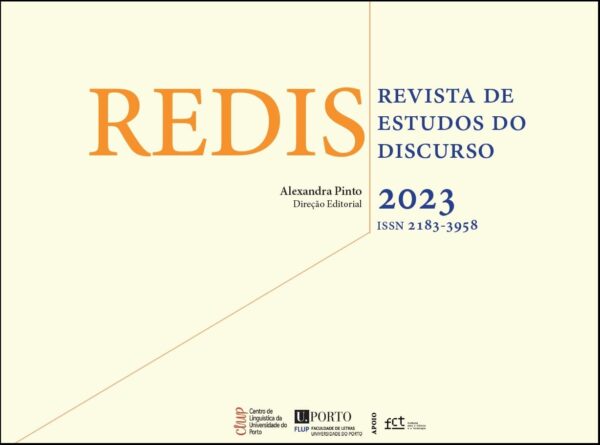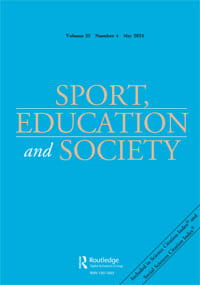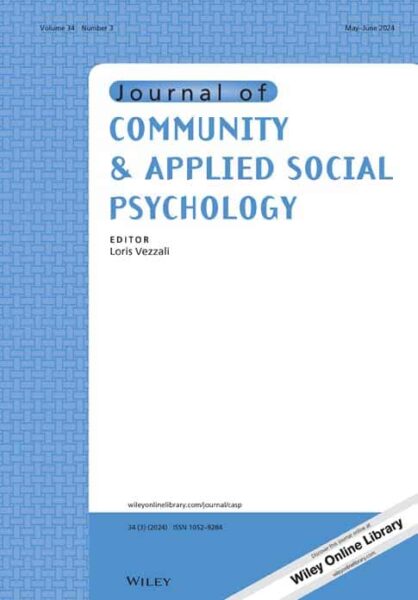对1982年世界杯意大利夺冠的叙述,常常通过一个人物加以呈现,此人就是当时到现场观看决赛的意大利总统山德罗· 佩尔蒂尼。这届世界杯也经常被描述为一届“反法西斯”的、“民主”的世界杯。本文探究这场胜利如何与民族认同形式相互交织,解读在其各种认同形式里面,足球比赛衍生出的故事如何为这种认同——救赎、睿智的父辈形象、艺术家、工人们、冷门球队——提供完美的分析框架。继而,作者评述了过去对足球和民族认同之间的过分简单的联系,以及 1982年比赛中的相关论题。文章的后半部分具体探究了佩尔蒂尼这个人物形象和他与1982年世界杯夺冠之间的关系。作者认为,佩尔蒂尼1982年的形象为意大利提供了一个受全球追捧的代表,后来左右翼(甚至公司,如菲亚特)都对此大加利用。本文还认为,佩尔蒂尼的举动远远不是喜悦的自发表现,其与胜利的关联是精心安排的,这可以通过电视和实况报道提供的渠道观察到。佩尔蒂尼设计的效果非常完美,以至于他的个性和意大利球队在这个过程相得益彰。但这一切是有代价的。他以往激进的形象被消融到了被遗忘的地步,取而代之的却是“意大利老祖父”般的平淡形象。文章的最后一部分探讨了1982年意大利队登顶可能带来的影响。作者认为,所谓的意大利社会的“足球化”真正开始于1982之后,而不是通常认为的,伴随着西尔维奥·贝卢斯科尼的崛起而肇始于20世纪80年代中期。

How Italian Football Creates Italians: The 1982 World Cup, the ‘Pertini Myth’ and Italian National Identity
n. 3
2016
v. 33
p. 341–358
Arquivos
Resumos (outros idiomas)
Abstract
Italy’s victory in the 1982 World Cup is usually narrated through the figure of Sandro Pertini, the President of Italy who attended the final as a spectator. It is also often described as an ‘anti-fascist’ and ‘democratic’ World Cup. This paper looks at the ways in which that victory intersected with forms of national identification, and unpacks the forms in which the stories coming out of the tournament provided a perfect framework for such identification – redemption, the wise father-figure, the artists, the workers, the underdogs. The paper goes on to critique the ways in which the simplistic link between national identity and football has been made in the past, and the descriptive accounts of this tournament to date. The latter part of the paper looks in detail at the figure of Pertini and his relationship with the 1982 victory. It is argued that Pertini’s 1982 image provides Italians with a rare example of a universally popular moment, which has been exploited by both right and left in the years that followed. It is also argued that, Pertini’s connection with the victory was very carefully stage-managed and needs to be seen in terms of the framing provided by television and commentary. Pertini himself managed the event perfectly so as to create osmosis between his own personality and the football team itself. However, the link between Pertini and 1982 came at a cost. His own radical past was toned down to the point of being forgotten, and he was re-invented as a bland figure ‘Italy’s grandfather’. A final section looks at the possible effects of the 1982 victory, including the idea that what has been termed the ‘footbalization’ of Italian society really began after 1982, and not with the rise of Silvio Berlusconi in the mid-1980s as is often claimed.
Keywords: National identity, Italian football, World cup, Sandro Pertini, Silvio Berlusconi
Referência
FOOT, John. How Italian Football Creates Italians: The 1982 World Cup, the ‘Pertini Myth’ and Italian National Identity. The International Journal of the History of Sport. v. 33, n. 3, p. 341–358, 2016.Leituras recomendadas
-

Racismo, ressentimento e resistência: o baile de Vinicius Junior sobre o recalque espanhol
Gustavo Amaral Coimbra, Kátia Menezes de Sousa -

Sexism, abuse and threatening behaviour: experiences of women football referees in amateur and semi-professional men’s football in the UK
Laura Gubby, Shannon Martin -

Using composite performance variables to explain football players’ market values
Christer Thrane -

Football hooliganism: comparing self-awareness and social identity theory explanations
Alain Van Hiel, Lobke Hautman, Ilse Cornelis, Barbara De Clercq





